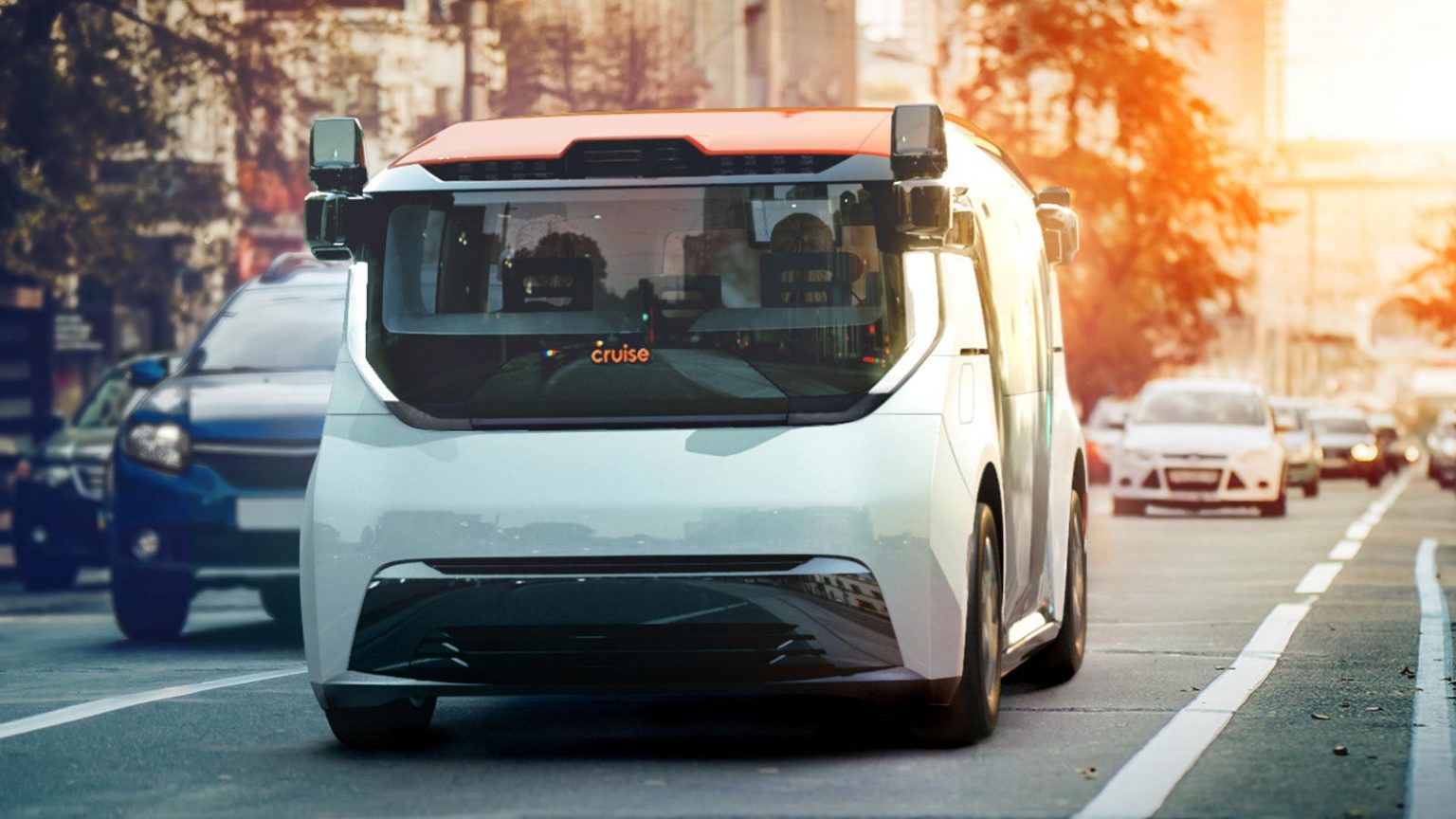
Dubai’s Roads and Transport Authority has formalised a Memorandum of Understanding with Pony. ai to commence pilot trials of self‑driving vehicles across the emirate later this year, laying the foundation for a fully driverless commercial service by 2026. The agreement marks a pivotal milestone in Dubai’s Smart Self‑Driving Transport Strategy, which aims to convert a quarter of the city’s journey volume into autonomous mobility by 2030.
Senior figures from both organisations attended the signing ceremony: Mattar Al Tayer, Director‑General and Chairman of the Board of Executive Directors at the RTA, alongside Dr Leo Wang, Chief Financial Officer of Pony. ai. The MoU was executed by Ahmed Hashim Bahrozyan, CEO of the RTA’s Public Transport Agency, and Ann Shi, Vice‑President of Strategy and Business Development at Pony. ai.
The pilot phase, scheduled for global launch later this year, will deploy Pony. ai’s seventh‑generation autonomous vehicles, developed through collaboration with Toyota, GAC and BAIC. Equipped with an advanced sensor array—including lidars, radars and high‑resolution cameras—these vehicles are engineered for complex urban environments and diverse weather conditions.
The MoU signals a deeper commitment to integrating autonomous vehicles into Dubai’s existing transport ecosystem. Al Tayer highlighted that driverless taxis will enhance first‑ and last‑mile connectivity, reduce road congestion, elevate safety, and seamlessly complement public transport networks. Reflecting on the strategic nature of the alliance, Pony. ai CFO Dr Wang described it as a “foundational standard for intelligent transportation ecosystems” across the MENA region.
Dubai’s broader mobility agenda encompasses not only autonomous road transport but also urban air mobility, with plans for commercial eVTOL services by 2026, and a transition to hybrid and electric public transport by 2027. To support this shift, the RTA has accelerated the deployment of EV charging infrastructure, with over 300 stations currently in operation and a target of 1,000 by 2025.
On a regional level, Chinese autonomous vehicle companies are expanding rapidly into Gulf states, drawn by receptive regulation and rising demand. Pony. ai and WeRide are advancing trials in Dubai and Saudi cities, with Baidu targeting Abu Dhabi. With Gulf governments committed to having around 25 per cent of transport autonomous by 2030, the region is emerging as a testing ground for next‑generation mobility.
Pony. ai brings considerable operational experience to the partnership. The firm currently operates a fleet of approximately 300 robotaxis in China and has established driverless ride‑hailing services in cities such as Beijing, Shanghai, Guangzhou and Shenzhen, as well as ongoing trials in the United States, South Korea and Luxembourg. Its seventh‑generation kit was first showcased at Auto Shanghai in April 2025 and offers a 70% bill‑of‑materials cost reduction, optimised for both cost and performance.
Dubai’s regulatory environment has proven critical to attracting partnerships. The emirate’s Smart Self‑Driving Transport Strategy outlines ambitious goals for sustainable, tech‑driven mobility, supported by digital governance and public‑private collaboration. Industry analysts note the region’s strong infrastructure and capital availability make it fertile ground for autonomous deployment.
As the pilot moves forward, several key factors will determine its success: the performance and reliability of the autonomous fleet, regulatory oversight and licensing, integration with other services, and public acceptance. Pony. ai’s prior experience with fully driverless operations—with regulatory suspensions and recalls already navigated in China and California—suggests a readiness to meet such challenges.
By establishing mass‑production targets in the latter half of 2025 and scaling fleet deployment over the following two years, Pony. ai aims for rapid adoption of its technology. The Dubai partnership presents a high‑profile test case that could influence adoption patterns across the Middle East and beyond.
Observers say the timing is opportune: urban centres in the Gulf are grappling with taxi shortages and traffic challenges, creating demand for scalable, autonomous alternatives. Dubai’s move also complements its wider sustainability ambition, including hybrid and electric fleets and flying taxis, reinforcing its position as a global mobility innovator.
The RTA‑Pony. ai deal thus represents a convergence of advanced vehicle technology, bold regulatory support and strategic urban planning. Its outcome will shape public perceptions, regulatory frameworks and commercial viability of driverless transport across a region ready to lead in autonomous innovation.




